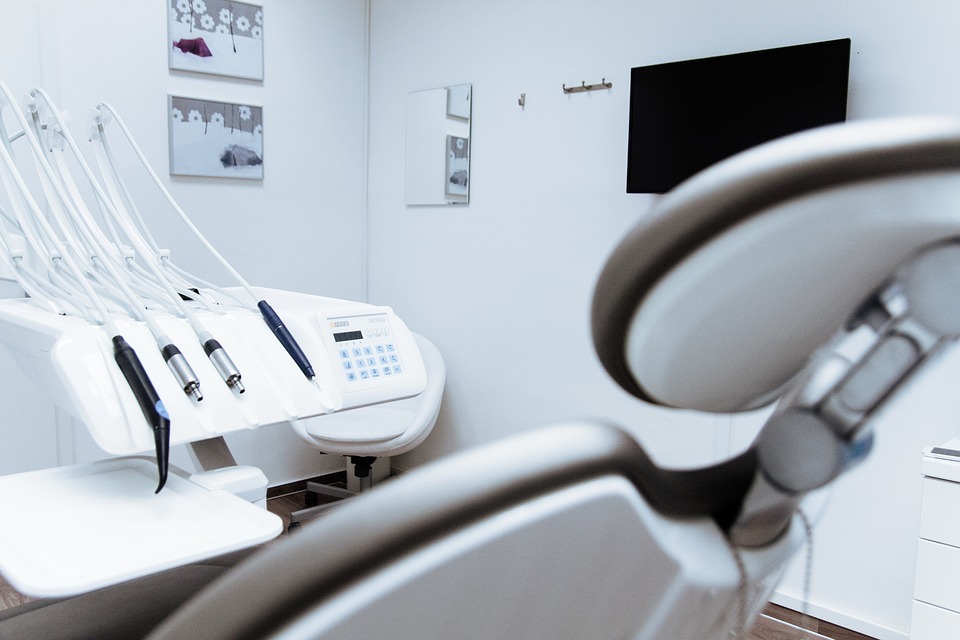Rancho Cucamonga Dentist say, depending on the stage of the decay and what foods you consume.
Some foods, particularly sweets, could trigger the pain of a cavity longer than others.
For the most part, your mouth is naturally full of bacteria.
When you eat something sugary, such as candy or perhaps potato chips, or even drink a sugary beverage, most dentist would one not to eat those It then creates acid, that is strong enough to wear away the enamel of the tooth, if not cleaned off quickly.
In the long run, a dental cavity begins to form.
Most Dentist At Rancho Cucamonga will tell you that brushing your teeth with a toothpaste that contains fluoride, can aid in restoring the enamel and reverse the effects of tooth decay.
Common Cavity Signs – Rancho Cucamonga Dentist
Rancho Cucamonga Dentist say, in the earliest stages, a cavity may feel like nothing.
There are no nerves on your tooth’s enamel, so whenever the decay is at that layer, it’s most likely that you simply won’t feel a thing.
Once the decay has progressed enough to reach the softer tissues within the tooth, where the dentin and nerves are, you may start to notice indications of a cavity.
Your teeth might feel sensitive and you might feel some pain, especially after eating sweets, hot foods or cold foods.
The pain might be somewhat moderate or else it may be sharp and intense.
Some individuals also feel pain once they bite down whenever they have a cavity.
Depending on the magnitude of the cavity, you may well be able to observe signs of it from the mouth area.
Cavities at times create visible holes from the teeth.
Seeing Your Dentist
Rancho Cucamonga Dentist say, the first step to fix a cavity, is to see your dentist.
Although cavities can be reversed at the early stages, at the time you are feeling discomfort or pain, just a dentist can treat them.
An x-ray will likely be taken up to help figure out the way the cavity has progressed into the tooth.
Depending on how much damage the cavity has already done, you might need a filling to fix it.
Getting Treatment
Even if you’re not positive if you have a cavity, regular professional cleaning and dental visits are important.
A specialist can apply fluoride treatment to help strengthen your teeth.
In addition, they can also give you tips to the most effective ways to brush your own teeth and advise you about what foods to avoid or eat up less frequently to lower your risk for cavities.
As having a handful of conditions, when it has to do with cavities, many preventative steps are a lot easier than treating the situation down the road.
For the latest tips on oral health, flossing, dental care, and much more, make sure to follow our blog at: http://www.arrowdentalarts.com/blog

